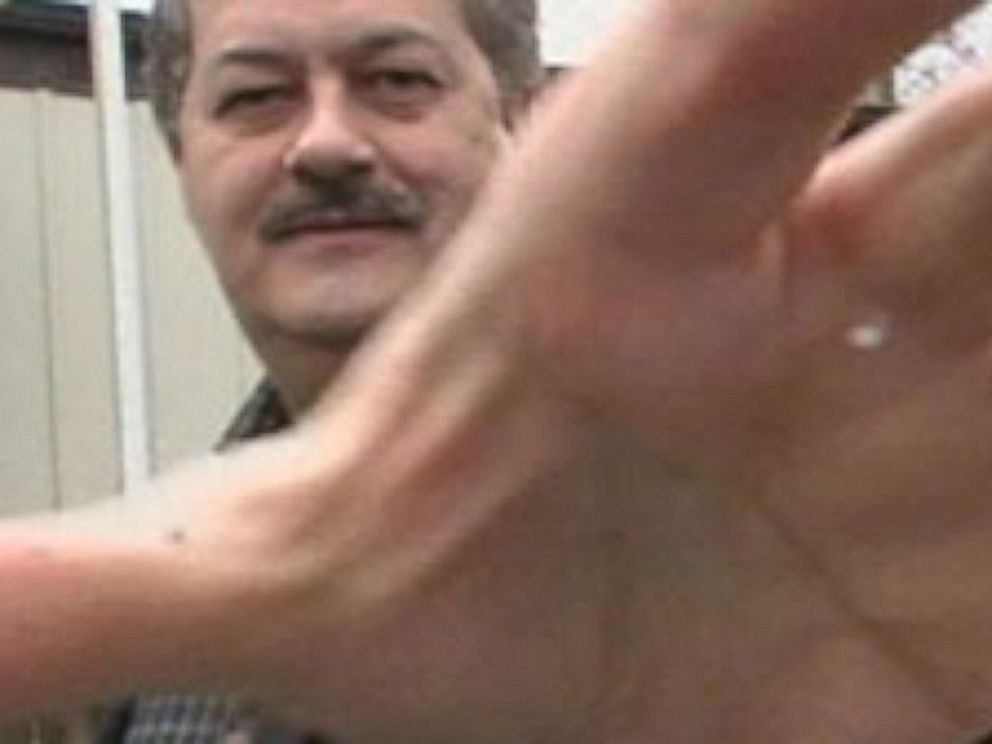
Economic chill set to make Finland the sick man of Europe
December 4, 2014
Economy ministry claims Hungary economy top performer in Europe
December 4, 2014
As a $90 million jury verdict was wending its way to the West Virginia Supreme Court, the lawyer handling the nursing home abuse case did more than prepare appellate briefs and ready himself for oral arguments. He was, critics said, pulling every lever available to him to try to give his client an edge outside the legal system — lining up thousands of dollars in campaign contributions for the court’s chief justice and negotiating a private deal to buy a $1.3 million Lear Jet from her husband.
When the nursing home case finally reached the state’s high court earlier this year, Chief Justice Robin Jean Davis wrote the majority opinion upholding the jury verdict for the client of lawyer Michael Fuller, though lowering the final payout to just over $40 million. The cut for Fuller’s firm: more than $17 million — one of the largest payouts he’s ever secured.
Davis never disclosed the airplane deal, telling ABC News she was under no obligation to do so because it involved her husband, and not her. But ethics experts have questioned that assertion.
“This does not look good for the rule of law,” said James Sample, an expert on judicial ethics at Hofstra University Law School. “A million-dollar sale of an airplane while litigation involving the lawyer who purchases the airplane is pending before the court? Absolutely no question. It’s proper to disclose, and it is improper to not disclose.”
“This is a circus masquerading as a court,” Sample said.
Watch for more from the ABC News investigation tonight on “Nightline”.
Some 39 states elect some or all of their judges, and heated campaigns for high court seats have become increasingly combative and expensive. In 2014, candidates and groups spent nearly $14 million on TV ads in judicial contests, according to the Brennan Center for Justice.
The nursing home case is just the latest to prompt questions about the actions of the highest court in the small Appalachian state where intimate bonds in the legal and business community have repeatedly created thorny ethical entanglements.
The most famous of these, involving notorious coal boss Don Blankenship, led the United States Supreme Court to force the recusal of a state judge after Blankenship spent $3 million for an outside group to push for the judge’s election while a case involving his company was pending. A second high court judge was pressured into recusing himself when photographs surfaced showing him on vacation with Blankenship in the French Riviera.

It is into this environment that Fuller, a plaintiff’s attorney based in Hattiesburg, Mississippi, moved eight years ago. He opened a satellite office on a busy shopping street in the West Virginia state capital, and began advertising on local television for victims of nursing home abuse who could be potential clients. He says he was attracted to West Virginia because it has one of the oldest populations in the country.
“So we knew,” he said, “there would be a need here for the services we provide — for holding these large corporations accountable for the way they care, and don’t care, for these residents.”
In September of 2009, Dorothy Douglas was admitted to the Heartland Nursing Home in Charleston. She was 87 years old and, according to court testimony, was suffering from Alzheimer’s dementia, Parkinson’s Disease, and other health issues. When she arrived there, she was able to walk with help from a walker and could recognize and communicate with her family.

